Table of Contents
Linkages of Organized Crime with Terrorism | UPSC – IAS
Terrorism is, in the broadest sense, the use of intentionally indiscriminate violence as a means to create terror among masses of people; or fear to achieve a religious or political aim. It is used in this regard primarily to refer to violence during peacetime. The terms “terrorist” and “terrorism” originated during the French Revolution of the late 18th century.
- Development, stability, good governance and the rule of law are inextricably linked and any threat to peace poses an obstacle to the objective of sustainable development of the country.
- Terrorism not only subverts the political and social climate but also threatens the economic stability of the country, undermines democracy and even deprives ordinary citizens of their fundamental rights, including their right to life.
Terrorists do not belong to any religion or faith or community. Terrorism is an attack on democracy and the civilized society by a violent few who resort to targeted killing of innocent citizens in pursuit of their evil designs. In some respects, terrorism is more damaging than an act of war against the nation because terror acts often target innocent civilians – apart from the symbols of the State –
- Terrorists have targeted women and children in public parks,
- Commuters during rush hours on suburban trains,
- Shoppers in a crowded market,
- Community gatherings on religious occasions.
Furthermore, terrorism today has acquired newer and more dangerous dimensions threatening international peace and stability worldwide with the use by terrorist groups of modern communication systems, and state-of-the-art technology combined with:-
- Global linkages with organized crime,
- Drug trafficking,
- Counterfeit currency and
- Money laundering.
That is why international cooperation is essential in the fight against terror. India has been one of the worst victims of terrorism but our society has shown tremendous spirit and resilience in the wake of repeated and wanton terrorist attacks by maintaining communal harmony and social amity.
It is time however for the nation to gear itself to counter terror in a more coherent and proactive manner and not rely on the patience of its citizens to outlast and defeat terrorists and their supporters. The anti-terrorism strategy must recognise that terrorist acts not only ruin innocent lives, but also divide:-
- Our society,
- Create discord among people and
- Cause lasting damage to the fabric of the society.
Unlike ‘chemotherapy’ in cancer treatment which destroys both good and bad cells, a strong anti-terrorism response has to be focussed and well directed against the anti national elements.
Countering Terrorism and Preventing Violent Extremism | UPSC – IAS
Counter-terrorism, also known as antiterrorism, incorporates the practice, military tactics, techniques, and strategy that government, military, law enforcement, business, and intelligence agencies use to combat or prevent terrorism. Counter-terrorism strategies include attempts to counter financing of terrorism.
A multi-pronged approach encompassing legal and administrative measures combined with:-
- Good governance,
- Inclusive development,
- A vigilant media and,
- An alert citizenry can defeat terrorism in any form.
There is need to define more clearly those criminal acts which can be construed as being terrorist in nature. The salient features of this definition should inter-alia include the following:
- Use of firearms, explosives or any other lethal substance to cause or likely to cause damage to life and property and essential infrastructure including installations/establishments having military significance.
- Assassination of (including attempt thereof) public functionaries. The intent should be to threaten the integrity, security and sovereignty of India or overawe public functionaries or to terrorise people or sections of people.
- Detention of any person or threat to kill or injure any person to force the government to act or abstain from acting in a particular manner.
- Providing/facilitating material support, including finances, for the aforesaid activities.
- Commission of certain acts or possession of certain arms etc. by members or supporters of terrorist organizations which cause or are likely to cause loss of life, injury to a person or damage to any property.
Role of Citizens, Civil Society and Media in Combating Terrorism
Cooperation by the citizens and by the media is equally vital in the fight against terrorism. In addition to sustained and stringent action by the security agencies against terrorists and anti-national activities, civil society can also play a major role both in preventing terrorist activities and in countering the ideology of terrorism.
- The potential of media in spreading education and awareness needs to be tapped to build the capacity of citizens in dealing with any public disorder, particularly terrorist violence.
- Media should be encouraged to evolve a self regulating code of conduct to ensure that publicity arising out of terrorist attacks does not help the terrorist in their anti-national designs.
Organised Violence, Terrorism & Extremism: Role of the State and Reforms
For improving the capabilities of our intelligence and security agencies, enhancing coordination among the various security agencies, and creating a new legal framework for the prosecution of terrorist acts as well as to cut off the flow of funds to terrorist groups.
- Provision for penalizing unauthorized possession of certain specified arms and ammunition in notified areas and unauthorized explosive substances, weapons of mass destruction and biological or chemical substances of warfare in notified as well as non-notified areas, may be incorporated in the law on terrorism
- A national forum should be set up for formulation of policy and strategy for dealing with terrorism.
- A stable, comprehensive, all India anti-terrorist legislation, having adequate safeguards against abuse, must be put in place.
- While terrorist violence has to be effectively dealt with by the security forces, people’s grievances – genuine and perceived – which get exploited, have to be redressed by concerned agencies with a sense of urgency.
- A stable, effective and responsive administration is an antidote to terrorism.
- For effectively dealing with violence, outdated laws (eg., The Explosive Act), containing irrelevant provisions resulting in delay in investigation and prosecution of offenders, must be amended.
- Developmental activities should be planned and executed with due regard to problems of displacement of people, resettlement etc., so that violent eruption of conflicts on such issues can be avoided.
- For tackling the root causes of Left Wing Extremism, relevant socio-economic issues such as land reforms, alienation of tribals from forest land etc. should be addressed and relevant laws must be strictly enforced.
- An all-India legislation should be enacted for tackling the growing menace of organised crime.
- Terrorism has to be fought by the security forces with the cooperation of the people. Appropriate sensitisation training should be given to security forces for avoiding alienation of the people and for enlisting their cooperation.
Dealing with the menace of Terrorism | UPSC – IAS
Dealing with the menace of terrorism would require a comprehensive strategy in which different stakeholders – the Government, political parties, security agencies, civil society and media – would have an important role to play. The elements of such a strategy would be:
- Political consensus: Political parties must arrive at a national consensus on the need for the broad contours of such a planned strategy. Based on this national strategy, each of the States and Union Territories should draw up its respective regional strategies, along with the required tactical components for the implementation of the strategy. Just as the Union Government should have intensive interactions with the States and Union Territories while drawing up the national strategy, the latter would be required to do their part in close consultation with the nodal ministry of the Government of India (possibly the Home Ministry). While attempting such a national consensus on an issue of considerable criticality for the nation’s security, integrity an develop-mental thrusts for the most backward regions, it deserves to be borne in mind that the people of our country have a right to expect that our national as well as regional parties will rise above their sectarian and petty electoral compulsions.
- Good governance and socio-economic development: This would necessitate high priority being given to development work and its actual implementation on the ground for which a clean, corruption-free and accountable administration at all levels is an imperative necessity.
- Respect for rule of law: Government agencies must not be allowed to transgress law even in dealing with critical situations caused by insurgency or terrorism. If an extraordinary situation cannot be dealt with by the existing laws, new laws may be enacted so that law enforcement agencies are not provoked or tempted to resort to extra-legal or illegal methods. Police and all other governmental forces must adhere to some basic codes of conduct.
- Countering the subversive activities of terrorists: Government must give priority to defeating political subversions (e.g. by terrorists and Maoists). The emphasis should be on civil as opposed to military measures to counter terrorism and insurgency. Psychological ‘warfare’ or management of information services and the media, in conjunction with the intelligence wing of the police, can play an important role in achieving this objective.
- Providing the appropriate legal framework: Terrorism is an extraordinary crime. The ordinary laws of the land may not be adequate to book a terrorist. This may require special laws and effective enforcement mechanisms, but with sufficient safeguards to prevent its misuse.
- Building capacity: The capacity building exercise should extend to the intelligence gathering machinery, security agencies, civil administration and the society at large. As was highlighted in the Report on Crisis Management, the strategy should encompass preventive, mitigation, relief and rehabilitative measures.

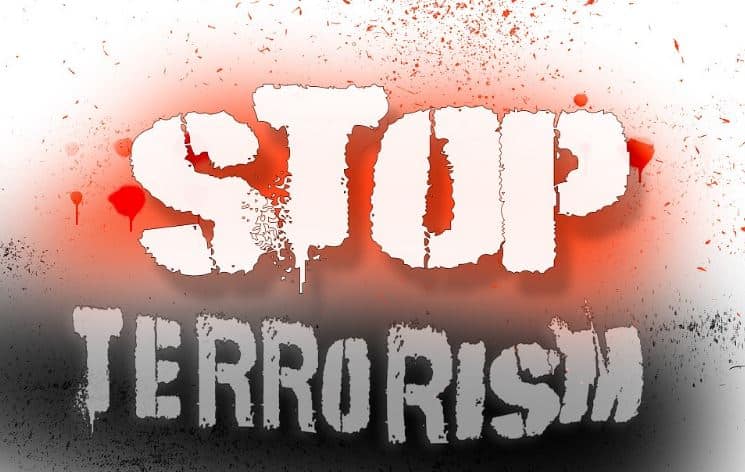
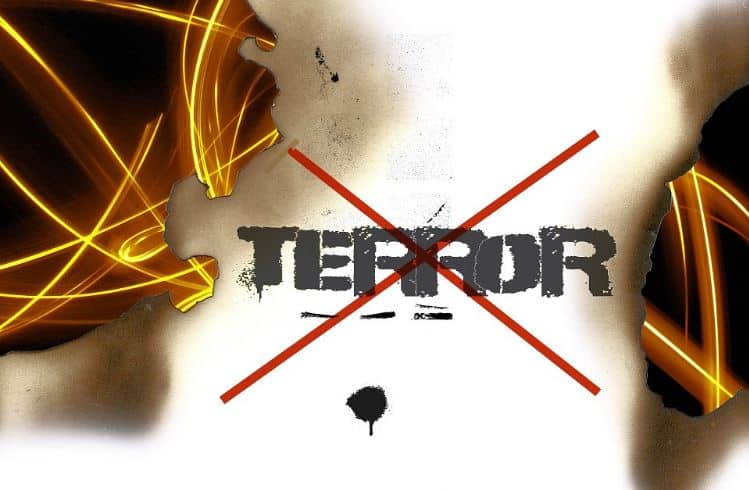
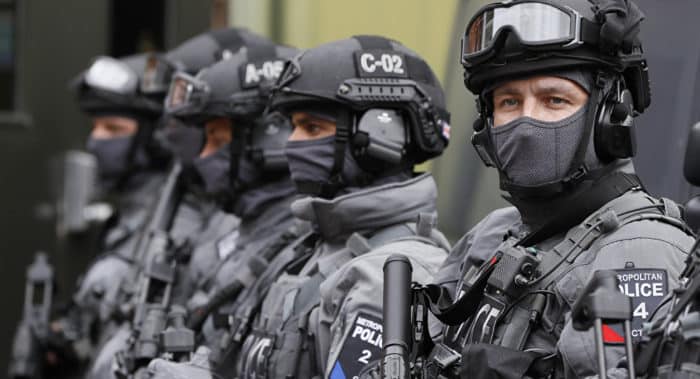
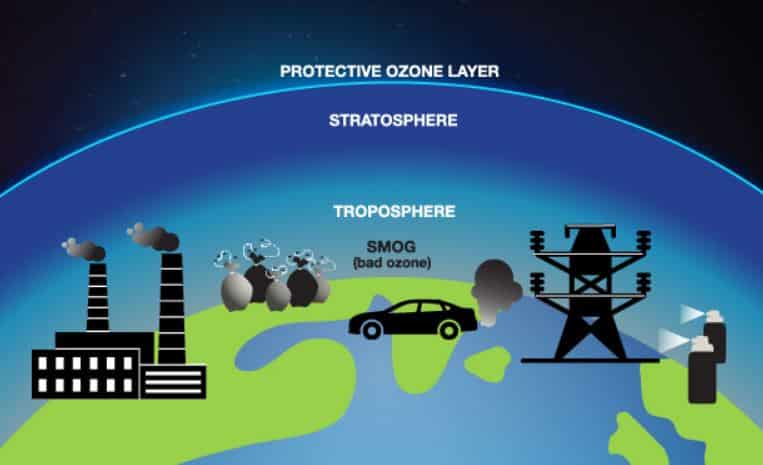



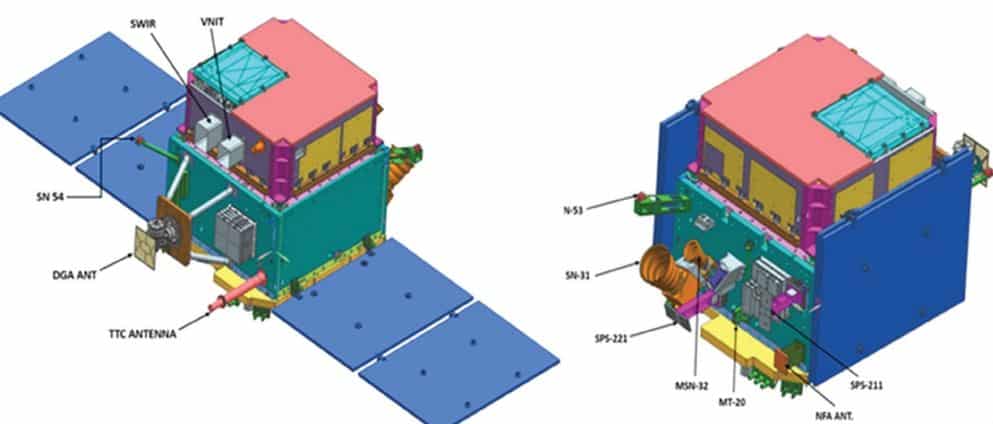



very nice